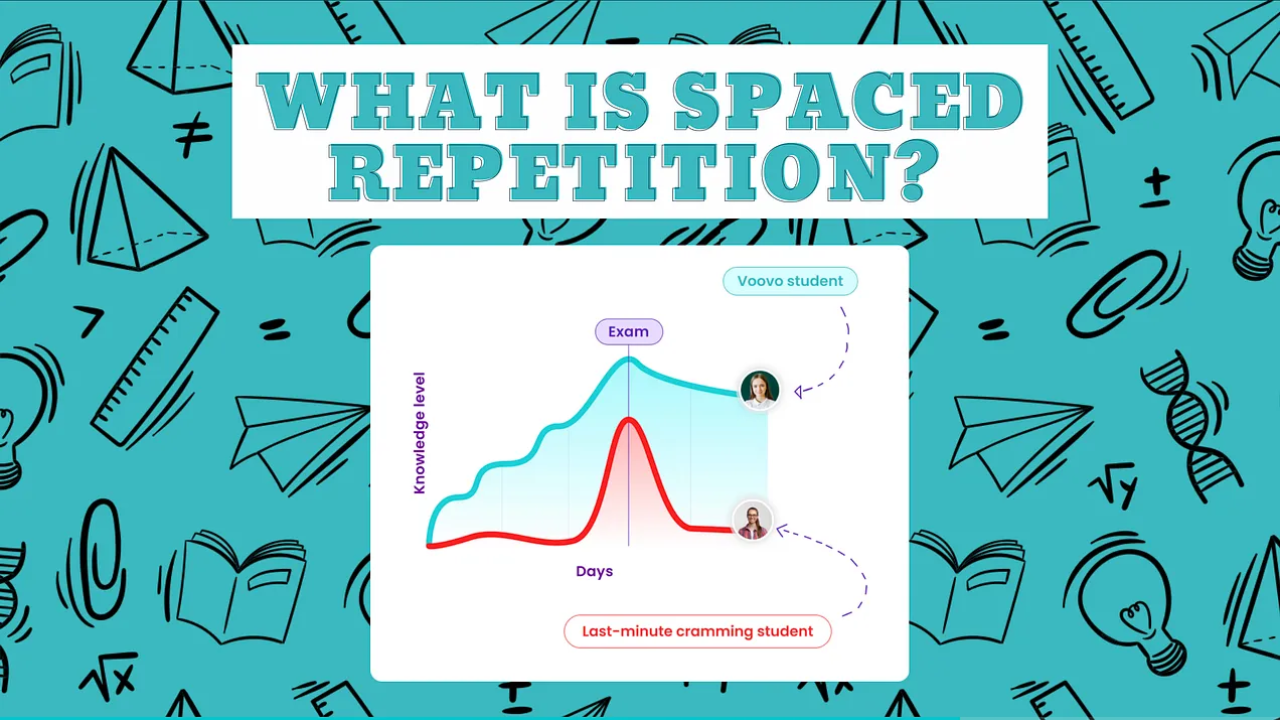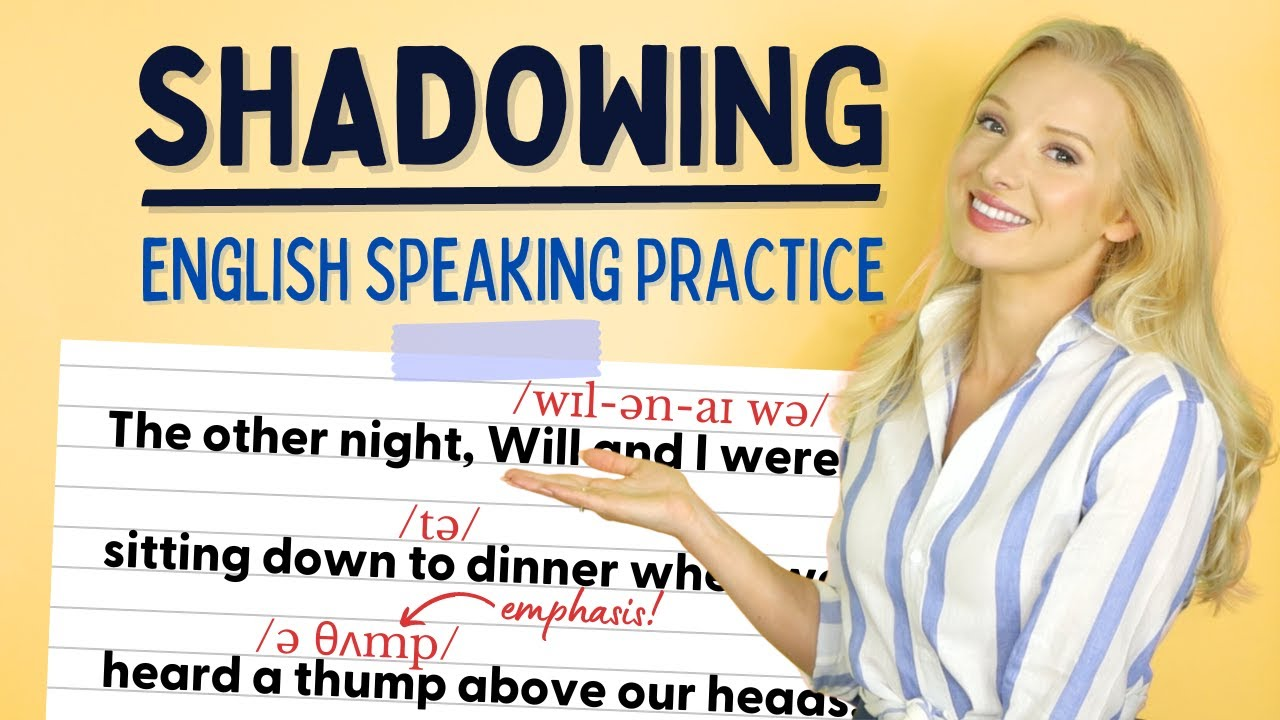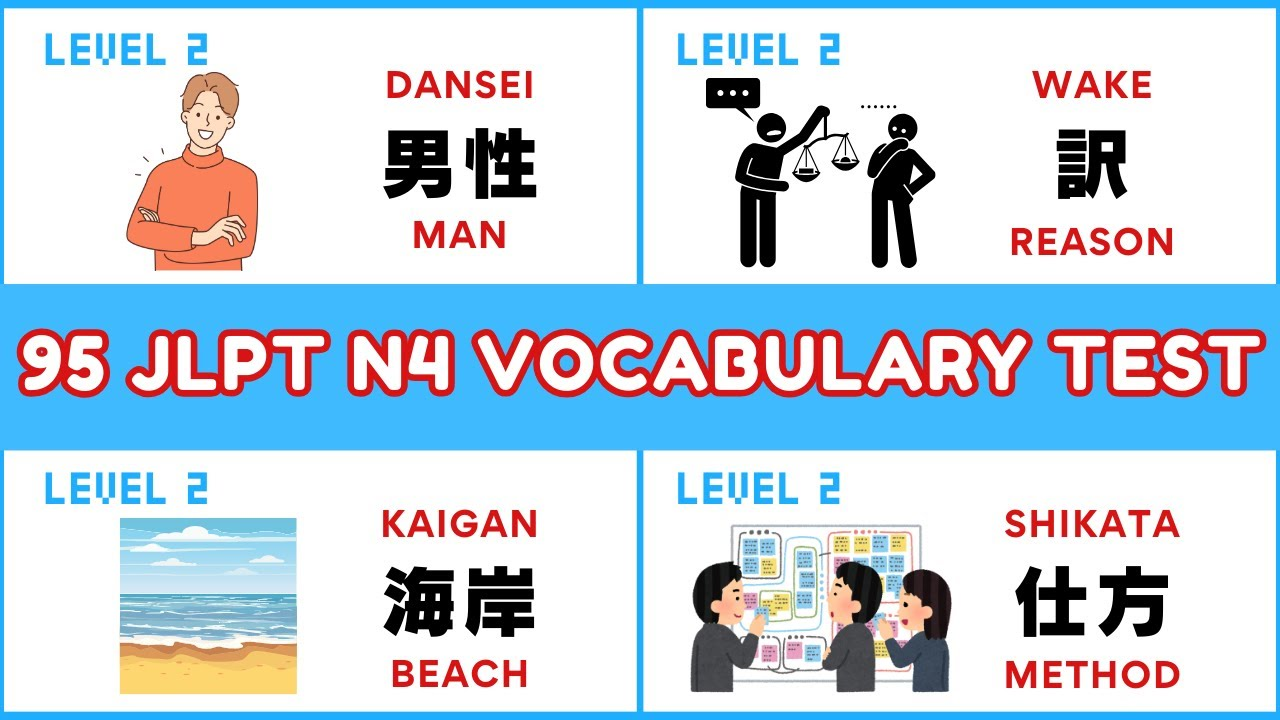How to Build a Study Schedule for Busy Students
Balancing classes, assignments, part-time jobs, and personal commitments can make studying feel overwhelming for students. Yet, with the right schedule, even the busiest learners can find time to prepare effectively without burning out. A well-structured study plan doesn’t just manage time—it increases productivity, reduces stress, and helps retain knowledge better. This article explores how to … Read more










